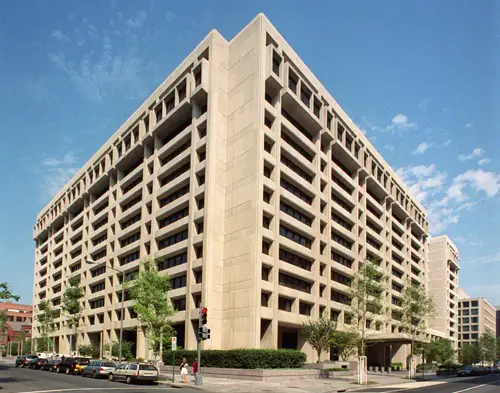At a meeting of G20 finance ministers and central bank governors on Tuesday, Kristalina Georgieva, the chief of the International Monetary Fund (IMF), said that economic activity globally was slowing down, especially within the manufacturing sector.
She acknowledged that despite “successive shocks in recent years and the rapid rise in interest rates,” the world economy “has shown some resilience” as its growth has been propped up by strong job markets and a robust demand for services, however the rate of growth is “anemic by historical standards.”
She went on to say, “Activity is slowing, especially in the manufacturing sector. Looking further ahead, medium-term growth prospects remain weak.” She said she felt that advanced economies would be likely to see a very pronounced decline in growth from 2.7% in 2022 to 1.3% by the end of 2023.
She also noted the impediment inflation remains to global growth, even though it has lately shown signs of easing in many nations.
She said, “On inflation, there is some encouraging news – the trend is finally downwards. But headline inflation is still too high and core inflation remains sticky despite the significant monetary policy tightening,” adding “inflation could remain higher for longer” and require additional interest rate hikes, as “fragmentation could weigh even more on growth.”
Georgieva urged the leaders of the G20 nations to “move the global economy onto a more vibrant medium-term path,” by pursing domestic and international policies which will reduce inflation and responsibly manage finances. She noted this would require different policies from nation to nation, and could require collaborative action, as one of the continual concerns of the IMF is differences in nations’ economic statuses.
She said, “Some pockets of the global economy are doing well; others are weakening but still growing; and vulnerable countries are falling further behind… To protect the most vulnerable countries and their people, we need to strengthen the global financial safety net.”
She went on, “While advanced and strong emerging market economies have a cushion of more than $10 trillion in international reserves, the rest of the world relies on pooled resources of international institutions such as the IMF.”
Georgieva said the world needed global leaders to pursue reforms which promote business growth and the creation of jobs.

